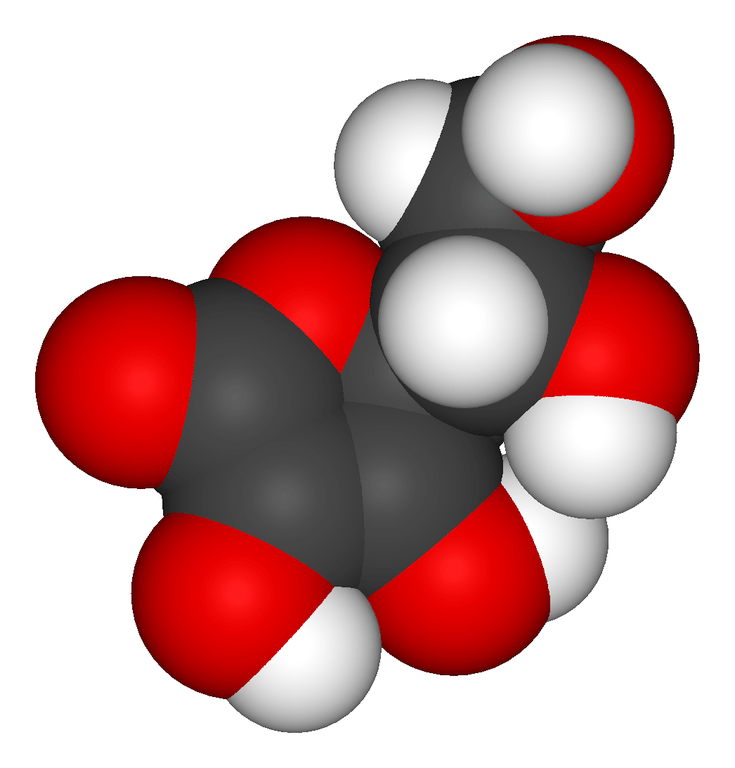Results for: vitamin

Vitamins and Cancer Risk
Vitamins have been promoted as a general panacea, as well as a means of preventing cancer. In reality, high doses of vitamins may even cause cancer.
Vitamin D: To Screen or Not to Screen?
Vitamin D, the so-called sunshine vitamin, has generated a lot of attention in recent years. It has been claimed to benefit a wide variety of diseases, everything from cancer to multiple sclerosis. It is widely used along with calcium for bone health. It is added to milk and prenatal vitamins and is prescribed for breastfed babies. Some doctors are recommending everyone take...
K2: The Vitamin, Not the Mountain
Science is complicated. Simple concepts that appear at first to be obviously true or untrue usually turn out to be more nuanced than we thought. Newtonian physics was taken as “the truth” until we learned in the 20th century that it didn’t apply on cosmological or subatomic scales. Medicine and human physiology are more complicated than most people realize or want to...
Vitamin K Refusal – The New Anti-Vax
A small but increasing number of parents are refusing vitamin K injections for their newborns, an intervention recommended since 1961. This is yet another example of the difference between a science-based and philosophy-based approach to medicine. Science has given us the tool of knowledge, and in medicine that knowledge can have very practical applications. The term “vitamin” was coined in 1912 by...

Naturopathy vs. Science: Prenatal Vitamins
This is another post in the naturopathy versus science series, where a naturopath’s medical advice is assessed against the scientific evidence. Today’s topic is brought to you by Toronto naturopath Shawna Darou, who recently published her evaluation of prenatal vitamins. Vitamin supplementation is unnecessary for the vast majority of people. You wouldn’t know this walking through a drug store, where you’ll usually...

The return of the revenge of high dose vitamin C for cancer
Vitamin C is back in the news as a cancer cure. Is it? No, no it is not.
Vitamin E for Alzheimer’s
Recently you may have seen headlines like “Vitamin E slows decline in patients with mild Alzheimer’s” or “There’s still no cure for Alzheimer’s disease, but the latest hope for slowing its progression is already on drugstore shelves.” They were referring to an article in the January 1, 2014 issue of the Journal of the American Medical Association (JAMA) announcing the results of...

More evidence that routine multivitamin use should be avoided
If scientific evidence guides our health decisions, we will look back at the vitamin craze of the last few decades with disbelief. Indiscriminate use is, in most cases, probably useless and potentially harmful. We are collectively throwing away billions of dollars into supplements, chasing the idea of benefits that have never materialized. Multivitamins are marketed with a veneer of science but that...
Separating Fact From Fiction in the Not-So-Normal Newborn Nursery: Vitamin K Shots…..
In August, news emerged from Vanderbilt University that four cases of a rare bleeding condition seen in young infants had been diagnosed since February. Three of these infants suffered intracranial hemorrhages, requiring surgical intervention to evacuate the blood and save their lives, although there will almost certainly be neurological and developmental repercussions down the road. The fourth child presented with gastrointestinal bleeding...

Do vitamins prevent cancer and heart disease?
The US Preventive Services Task Force has released an update on vitamin and mineral supplements to prevent heart disease and cancer. The evidence was not good and did not support taking vitamins as "nutritional insurance."

